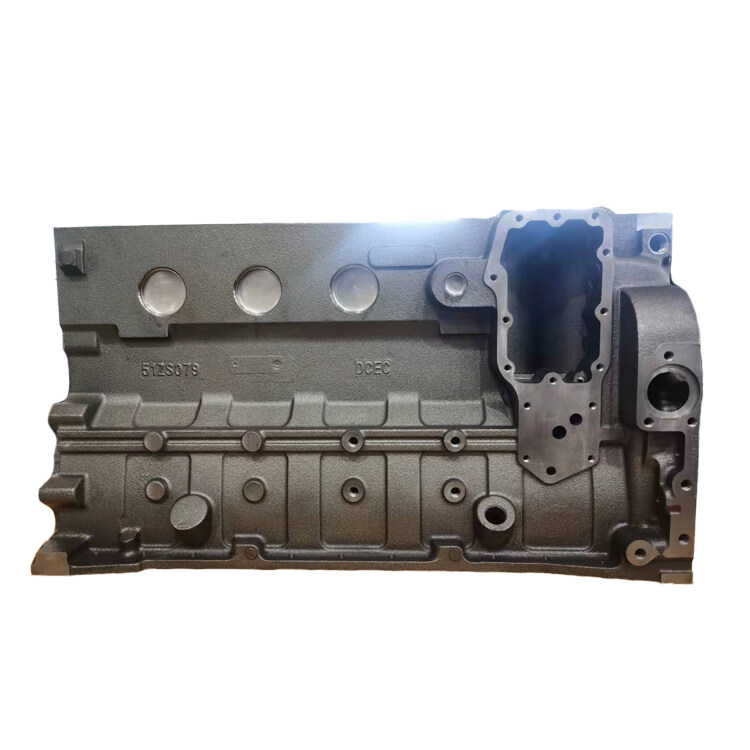Email format error
Email cannot be empty
Email already exists
6-20 characters(letters plus numbers only)
The password is inconsistent
Email format error
Email cannot be empty
Email does not exist
6-20 characters(letters plus numbers only)
The password is inconsistent


Energy-saving Technologies for Marine Engine Spare Parts: Effective Strategies to Reduce Fuel Consumption

Introduction
Fuel consumption is a significant concern in the maritime industry due to its environmental impact and operational costs. Therefore, the development and implementation of energy-saving technologies for marine engine spare parts have become crucial. This blog post aims to explore effective strategies to reduce fuel consumption through the use of energy-efficient spare parts in ship engines.
Propeller Optimisation
Propeller optimisation is a key area to focus on when aiming to reduce fuel consumption. By utilising advanced propeller designs with higher efficiency and reduced resistance, ships can achieve significant fuel savings. Additionally, the use of lightweight materials with improved strength can further enhance propeller performance.
Turbocharger Upgrades
Turbochargers play a vital role in enhancing engine efficiency by increasing air intake and improving combustion. Upgrading to more advanced turbocharger models can result in a better fuel-air mixture, leading to reduced fuel consumption. Variable-geometry turbochargers offer better control of boost pressure, optimising engine performance at different load conditions.
Cylinder Liner Coatings
Cylinder liner coatings have a significant impact on engine efficiency and fuel consumption. Advanced coatings, such as thermal barrier coatings and low-friction coatings, reduce heat transfer and friction between piston rings and cylinder liners. This results in improved combustion efficiency and reduced energy losses, leading to lower fuel consumption.
Fuel Injection Systems
Upgrading fuel injection systems can also contribute to fuel savings. High-pressure common rail fuel injection systems provide better control over fuel delivery, resulting in improved combustion efficiency. Electronic control systems allow for precise fuel injection timing and multiple injections, further optimising fuel consumption.
Waste Heat Recovery Systems
Waste heat recovery systems capture and utilise excess heat generated by the engine for various purposes, such as electricity generation or preheating fuel and water. By utilising this otherwise wasted energy, ships can reduce their reliance on auxiliary power sources, resulting in lower fuel consumption and reduced emissions.
Lubrication Systems
Efficient lubrication systems can also contribute to fuel savings. By using low-viscosity lubricants and optimising oil distribution, friction losses can be minimised, leading to improved engine efficiency. Advanced filtration systems ensure cleaner oil, reducing wear and tear on engine components and further enhancing fuel efficiency.
Conclusion
Reducing fuel consumption in ship engines is crucial for environmental sustainability and cost effectiveness. By implementing energy-saving technologies in marine engine spare parts, such as propeller optimisation, turbocharger upgrades, cylinder liner coatings, fuel injection systems, waste heat recovery systems, and efficient lubrication systems, significant fuel savings can be achieved. It is essential for the maritime industry to embrace these technologies to minimise its environmental impact and improve operational efficiency.

